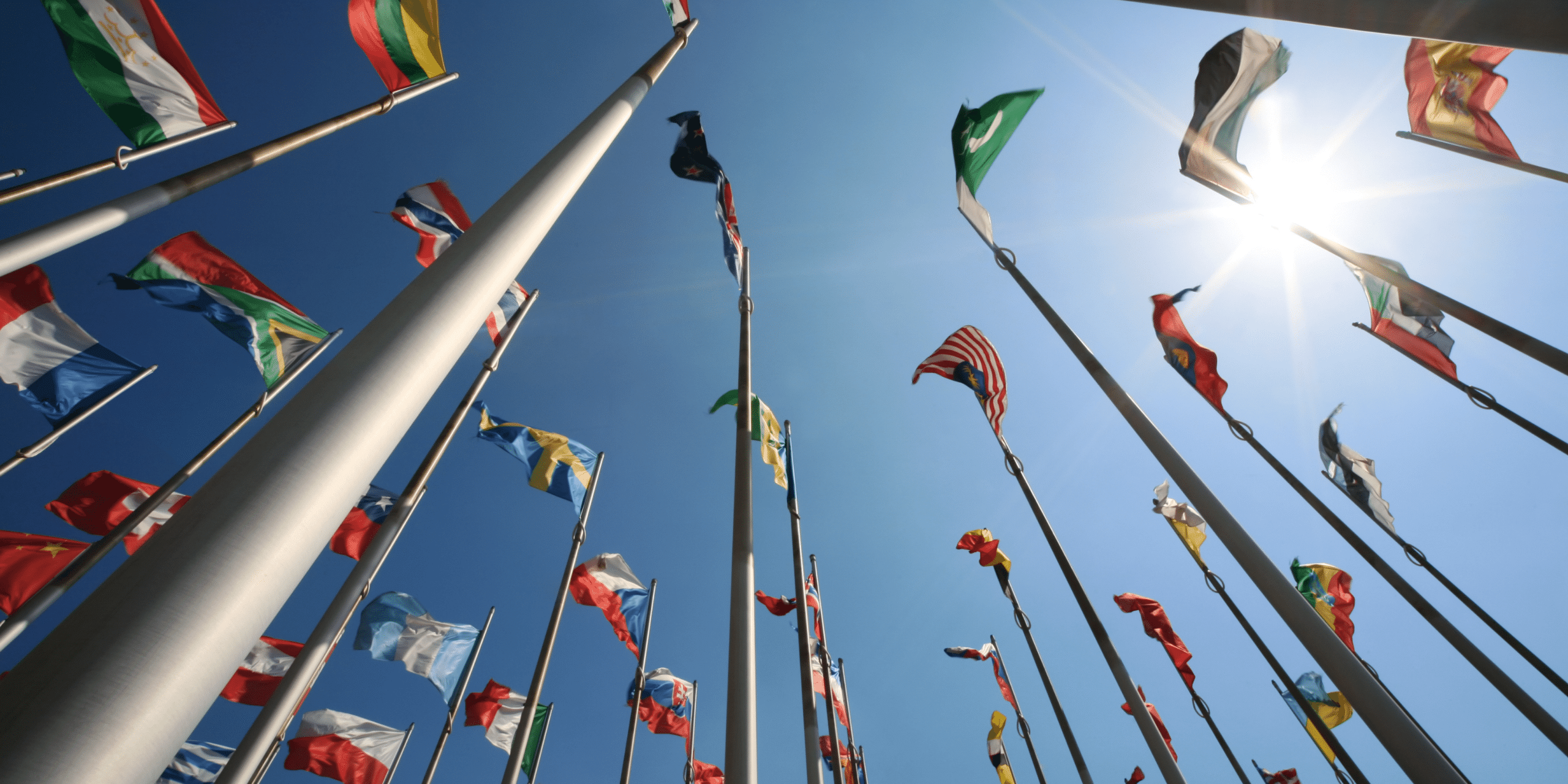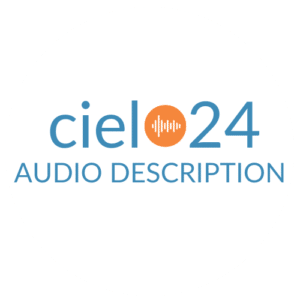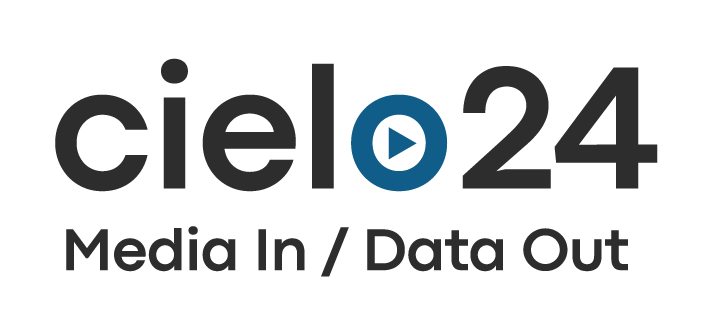Though most of our content has focused on accessibility within the United States, international accessibility…

International Accessibility Guidelines II: Asia, The U.K., and Canada
If your organization is seeking to expand into the vast markets in Asia, it will be crucial to understand the international accessibility standards that regulate the countries. Unlike most of Europe being under the umbrella of the EU, the likes of Japan, China, South Korea, and India each retain their own accessibility policies that govern digital content.
International Accessibility in Asia
Though most of these countries utilize WCAG 2.0 guidelines as a reference for their own accessibility policies, it is crucial to fully grasp each countries’ digital accessibility mandates.
Japan
The most specific web accessibility law in Japan is the Japanese Industrial Standards X8341-3. These standards were then revised in 2010 to require compliance with WCAG guidelines. Furthermore, Japan only recently passed an Elimination of Discrimination Against Persons with Disabilities Act in 2014.
China
China recently updated its national accessibility standards in 2019 with GB/T 37668-2019, “Information Technology Requirements and Testing Methods for Accessibility of Web Content.” These standards reference WCAG 2.0 guidelines and promote technical and policy support for the development of information accessibility throughout China.
South Korea
South Korea closely follows the standards set forth in WCAG 2.0. However, the relevant policies are included in the Korean version of WCAG known as the Korean Web Content Accessibility Guidelines (KWCAG) 2.1. These guidelines contain technical specifications that require websites to be made accessible to people with disabilities. The Korean digital accessibility standards align with the success criteria Level A of the WCAG 2.0 standards.
India
The Indian government enacted the Rights of Persons with Disabilities Act (RPWD Act) in 2016 which provided clearer guidance for digital accessibility. Private organizations were mandated to provide digital resources that can reasonably accommodate persons with disabilities. Unlike many other international accessibility standards, the RPWD act does not specifically cite WCAG as a reference. Though conformance with WCAG is voluntary in India, organizations that violate the RPWD act face strict penalties.
The United Kingdom and Ireland
The United Kingdom and Ireland have differing legal policies and legislation that deal with digital accessibility. It is especially important to differentiate between the United Kingdom and the rest of the European Union including Ireland.
Nevertheless, both the U.K. and Ireland have passed Acts that have dealt directly with digital accessibility and the non-discrimination of persons with disabilities. Thus, it will be beneficial for organizations to inform themselves of both countries’ accessibility standards.
International Accessibility in the U.K.
The U.K. passed its Equality Act of 2010 and tasked its government agencies with eliminating discrimination in all parts of life; this act includes access to information.
Furthermore, the Disability Discrimination Act of 1995 outlaws discrimination against disabled persons for both public agencies and private companies. This act covers many verticals including education, employment, and access to facilities, services, and information.
The Republic of Ireland
Though Ireland does not have a specific law regarding digital accessibility, it is compelled to adhere to EU standards given its membership in the union. Nevertheless, Ireland does prohibit discrimination on the grounds of disability when dealing with products and services through the Equal Status Act of 2000. What’s more, the Disability Act of 2005 obliges all government agencies and bodies to make their services accessible to all.
Canada and Its Provinces
You may be inclined to believe that the accessibility standards in the U.S. also apply up north in Canada. However, Canada retains its own accessibility standards and laws that apply throughout its many provinces.
The Accessible Canada Act (ACA) and Accessibility for Ontarians with Disabilities Act (AODA) are two main legal policies that deal with digital accessibility. The ACA solely mandates federal agencies to provide accessible means for all people in Canada to access information and other digital spaces.
On the other hand, the AODA, in conjunction with other provincial laws, requires digital content, mobile applications, and digital content from private businesses to be made accessible for all audiences. This act specifically references the WCAG 2.0 Level AA compliance as a guideline to ensure digital and web accessibility.
Lastly, the AODA also obliges private or non-profit organizations with greater than 50 employees as well as all public sector organizations to modify their digital content to be accessible to people with disabilities.
cielo24 provides digital accessibility solutions – Captions, Transcripts, Audio Description
 Using our own robust AI machine and human quality control, we offer a full suite of accessibility solutions. Sign up for the Self Serve web app where human-verified transcriptions and captions start at less than $1/minute. Contact us online to get started!
Using our own robust AI machine and human quality control, we offer a full suite of accessibility solutions. Sign up for the Self Serve web app where human-verified transcriptions and captions start at less than $1/minute. Contact us online to get started!
Looking for Audio Description? Get started with WCAG 2.1 AA compliant Audio Description product. cielo24’s new Audio Description solution brings an improved video experience to people with low vision, vision impairment, and blindness. Give it a try now >>



